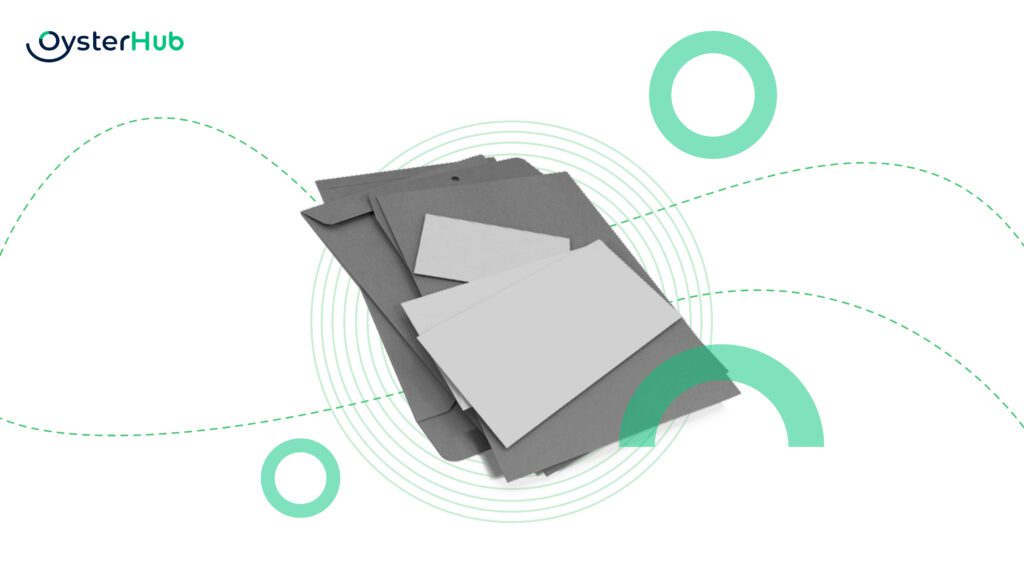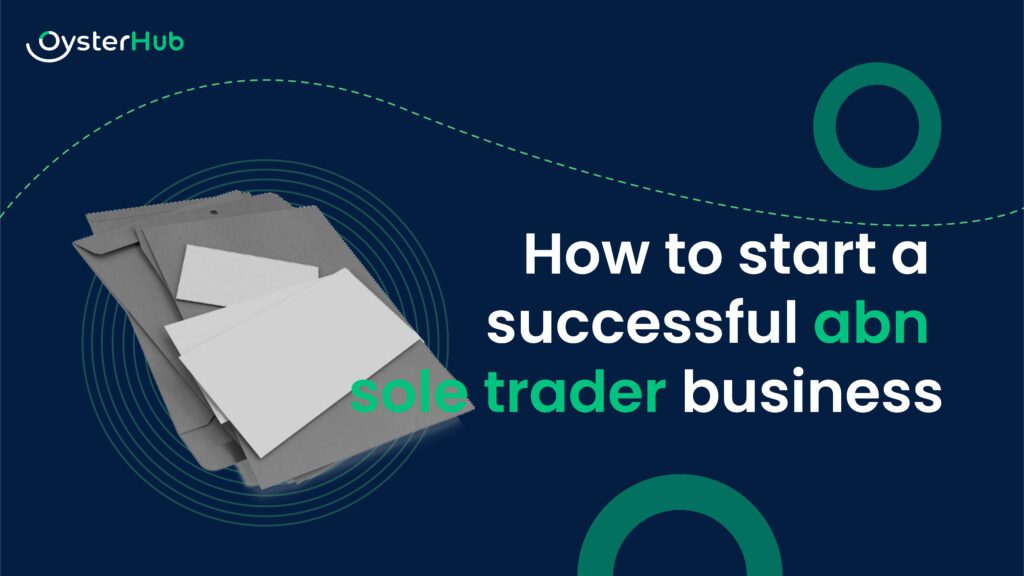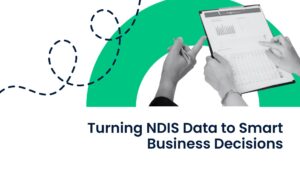If you’re thinking of starting your own business, one option you may consider is to register for ABN sole trader.
This is a relatively simple business structure that can be well suited to small businesses or start-ups.
When you operate to be sole trader ABN register, you are effectively running your business as an individual. This means that you have complete control over your business and you are solely responsible for its success or failure.
Does a sole trader need an ABN?
Being a lone trader is straightforward to start. Unlike other corporation setups, less paperwork is needed.
When you register ABN sole trader, it typically has more flexibility in how they run their businesses.
However, there is also some downside to operating as a sole trader.
Because you are running your business on your own, this can mean that you have less support and advice available.
Additionally, if you apply for ABN sole trader, you are personally liable for all debts. Including obligations incurred by your business.
This means that if your business fails, your personal assets could be at risk. It means it’s important to carefully consider this question, do I need an ABN as sole trader? whether operating as a sole trader is the right decision for you and your business.
If you do, decide to go ahead with it, register ABN sole trader.

Important steps to know when you apply for an ABN sole trader
Applying for a sole trader ABN is the first step in registering your business with the Australian Government.
When you apply for sole trader ABN, you may need to use a third-party service. Especially, if you wish to apply for a GST number or company tax file number.
There are the steps you need to undergo when you apply for sole trader ABN:
- Once you have obtained your ABN for sole trader, you will need to register for GST. You also need to apply for a business name. You can then start trading under your new business name.
- When you apply ABN sole trader, you will be responsible for all aspects of your business. That keeping accurate financial records and filing annual tax returns.
- Before you can start operating as a sole trader, you need to apply for an Australian Business Number (ABN). This is a unique 11-digit number that identifies your business to the government. It also allows you to register for taxes and other services as you get an ABN sole trader.
- You can apply for an ABN online through the Australian Business Register website. When applying for an ABN, you will need to provide your name, date of birth, contact details, and business structure.
- Once you have been allocated an ABN, you can start advertising and marketing your business. To give your business the best chance of success, it is important to choose a niche market. Also, develop a strong branding strategy.
- Finally, make sure you’re prepared for the challenges of running a business by creating systems. Get ready to undertake processes that will help you stay organized and on track. With these steps, you’ll be well on your way to starting a successful sole trader business.
Advantages of Becoming a Sole Trader
As a sole trader, you may be in business faster and for less money. The organization’s structure is less complicated to understand.
There is a single set of accounting costs and tax returns to handle. There are possible tax benefits for low-income sole traders.
You do not need to get worker’s compensation coverage if you don’t employ any extra people. You are not required to make superannuation contributions (unless you have employees).
Disadvantages of Becoming a Sole Trader
There is greater personal risk as a sole trader. If you run into difficulties, your own assets are at stake.
Income splitting is a popular potential tax method. However, it’s not suitable for sole traders.
Marriage or death dissolution has tax effects.
When it comes to tax planning, there isn’t nearly as much freedom.
Key Takeaways
Operating as a sole trader may be appealing since it is flexible. It also has low administration and set-up costs. However, it is necessary to consider the drawbacks, such as the challenges you might face. These include:
- Trying to develop and expand the firm
- Obtaining finance
- Personal responsibility for company debts
If you want assistance in deciding how to run your firm. Whether as a sole trader or whatever is the best structure for you, we are here to help.
Our team of experienced accountants can advise you on the best structure for your business. We can also help you navigate the process of setting it up.
So, if you’re ready to take the plunge into self-employment, get in touch with us today. We’ll make sure you get off on the right foot.




















